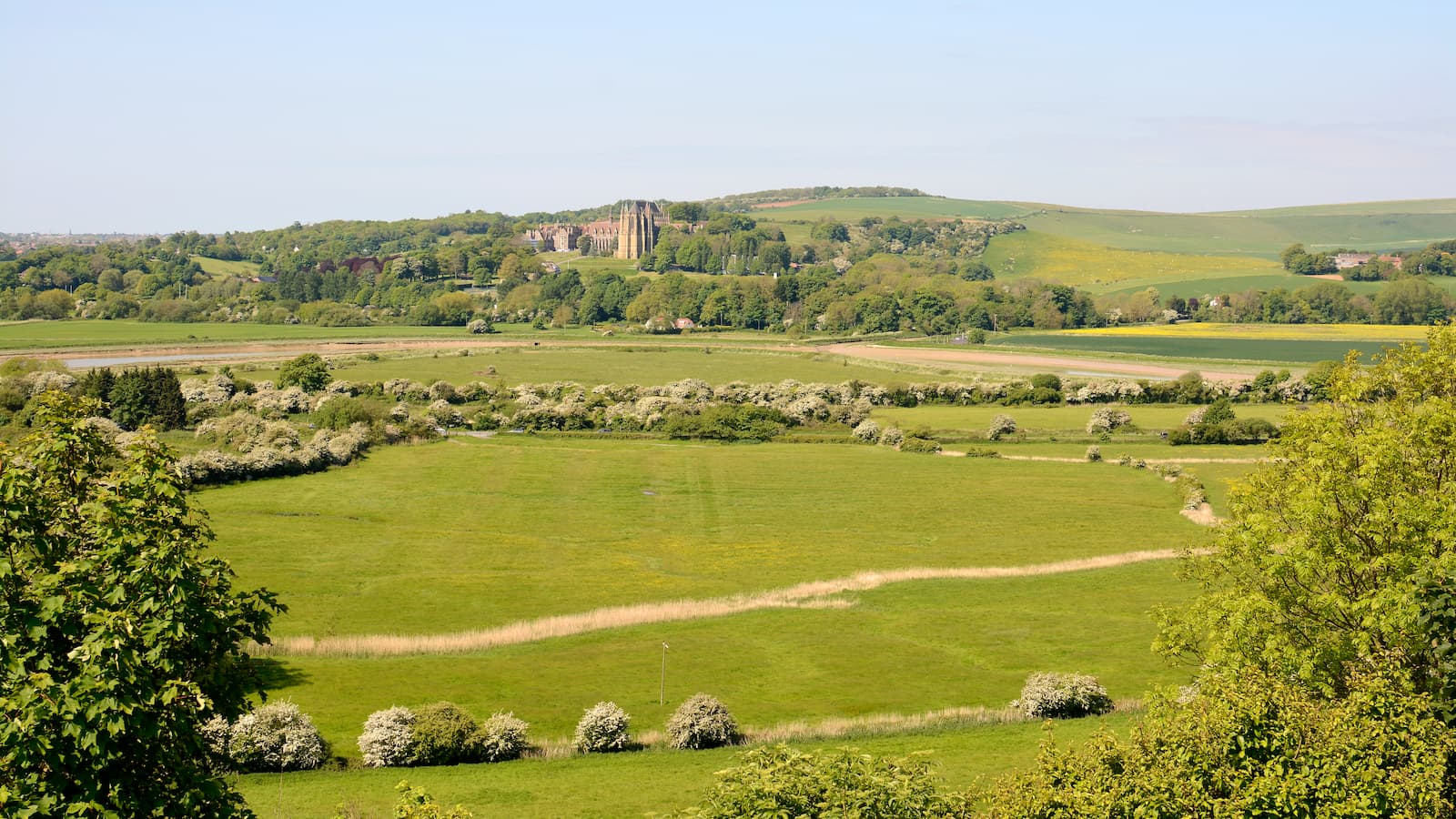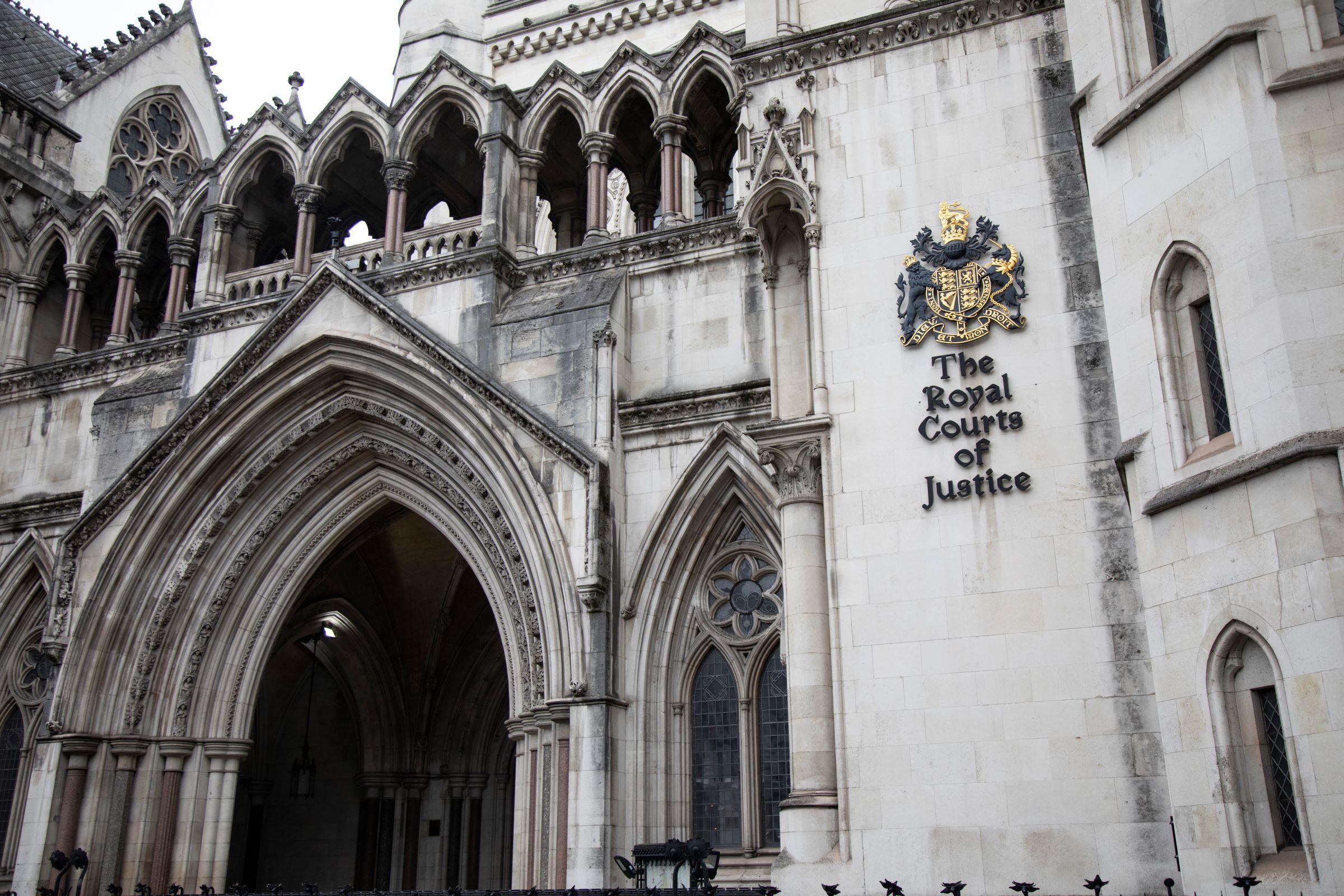High Court upholds water neutrality ruling in landmark decision
The planning application for a residential unit and stable block was rejected based on the amount of water the home would use

Bring your dream home to life with expert advice, how to guides and design inspiration. Sign up for our newsletter and get two free tickets to a Homebuilding & Renovating Show near you.
You are now subscribed
Your newsletter sign-up was successful
In a precedent-setting ruling, the High Court has dismissed a planning application based on water neutrality requirements.
Wayne Ward and his wife took their planning case to the High Court due to their local council's refusal of planning permission for "one residential unit and stable block" on a site in West Chiltington, West Sussex.
However, the court upheld the council's decision, underscoring the growing importance of water sustainability in development planning.
What is water neutrality?
Water neutrality aims to ensure that the total water use in a given area does not increase despite new developments or population growth.
According to Natural England, water neutrality means: "For every new development, the total water use in the region after the development must be equal to, or less than, the total water use in the region before the development."
The goal is to balance water demand so that any new consumption by new properties is offset by water savings elsewhere within the same area. This can be achieved by improving water efficiency in existing buildings, fixing leaks or implementing water-saving technologies.
By ensuring that new developments do not increase overall water consumption, water neutrality helps protect sensitive ecosystems and water resources from being over-exploited, such as the Sussex North Water Supply Zone in this area, which is home to important wildlife habitats and ecosystems.
Bring your dream home to life with expert advice, how to guides and design inspiration. Sign up for our newsletter and get two free tickets to a Homebuilding & Renovating Show near you.
What was the planning application for?
The claimants sought planning permission for a mobile home to become a permanent residence and a stable block, in Horsham, in 2018.
Their initial application was refused in 2019 prompting an appeal, and in December 2020 they moved onto the site without permission, complicating their case further.
After Natural England issued new guidelines in September 2021, the claimants had to provide a water neutrality statement.
Their argument was straightforward; since they had been living on the site and using water before the guidelines were published, giving them official permission to live there wouldn't increase water use beyond what was already happening.
Why was planning permission rejected?

Natural England advised that only developments with planning permission, or those "otherwise accounted for", are exempt from water neutrality requirements.
This means only legal developments are exempt from proving they won't increase water use.
The planning inspector dismissed the appeal based on Natural England’s advice, stating that only lawful developments are exempt from water neutrality rules. The claimants challenged this decision, arguing the inspector was wrong to exempt only lawful developments, and the appeal should have been paused until a broader solution was found.
However, Deputy High Court Judge Dan Kolinsky KC rejected these arguments, stating:
- The planning inspector's decision to consider developments as "otherwise accounted for" (similar to being immune from planning control) was lawful. This means he judged that developments with specific legal permissions or exemptions don’t need to prove they won’t increase water use.
- The proposal to pause the pause the appeal was unclear. He claimed they didn't specify how long the pause should last, what to do if no better solution appeared, or how to explain the reason for pausing to everyone involved. Because of these uncertainties, the inspector wasn't obligated to accept the proposal.
Additionally, the court dismissed the claim for split permission (granting part of the development) because it wasn’t requested during the appeal.
Permission to appeal the decision was also denied.
The High Court’s decision reinforces the critical role of water neutrality in planning decisions, ensuring that development does not come at the cost of environmental degradation.

News Editor Joseph has previously written for Today’s Media and Chambers & Partners, focusing on news for conveyancers and industry professionals. Joseph has just started his own self build project, building his own home on his family’s farm with planning permission for a timber frame, three-bedroom house in a one-acre field. The foundation work has already begun and he hopes to have the home built in the next year. Prior to this he renovated his family's home as well as doing several DIY projects, including installing a shower, building sheds, and livestock fences and shelters for the farm’s animals. Outside of homebuilding, Joseph loves rugby and has written for Rugby World, the world’s largest rugby magazine.
